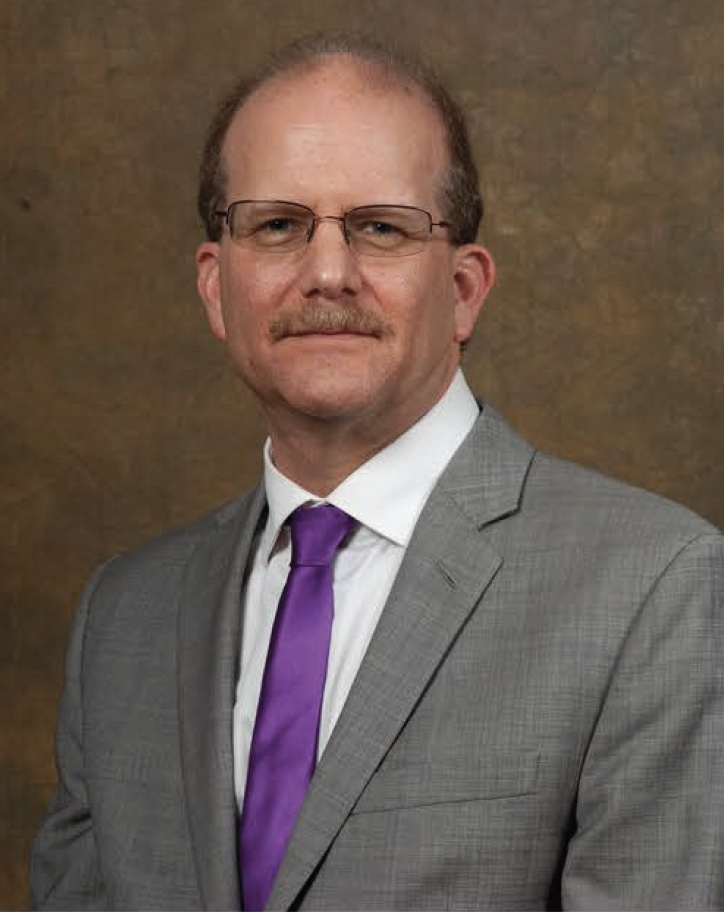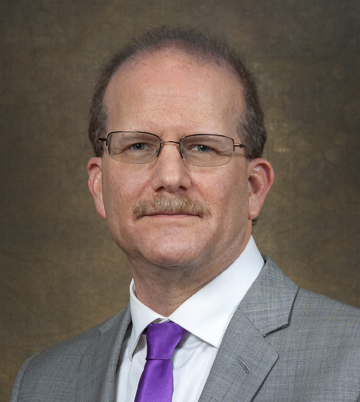Mark K. Greenwald (aa2678)
University information
Contact information
Division of Nicotine and Tobacco Research
Dr. Greenwald’s research focuses on the pharmacological, environmental, and individual difference determinants of drug-seeking behavior including nicotine. Recent work has focused on the effects of stress on nicotine seeking and brain function (Woodcock et al. 2019a, 2019b), and future work is expected to focus on therapeutic approaches including medications and neuromodulation.

Psychiatry and Behavioral Neurosciences
Professor/Associate Department Chair for Research
Gertrude Levin Endowed Chair in Addiction and Pain Biology
Director - Substance Addiction Research Division
Joint appointment in WSU Department of Pharmacy Practice
Tolan Park
Detroit, MI 48201
Suite 2A, Room 225
Dr. Greenwald directs the Substance Addiction Research Division, its Human Pharmacology Laboratory and the outpatient treatment research clinic in the Department of Psychiatry and Behavioral Neurosciences at Wayne State University. He previously directed the Ph.D. training program in Translational Neuroscience at the WSU School of Medicine and currently co-directs the National Institute on Drug Abuse (NIDA) T32-funded "TRAIN@wayne" addiction neuroscience program. The NIH has continuously funded his research since 1996. He has been principal investigator on federally funded grants totaling over $30 million and a co-investigator on many other grants, has served as chair of multiple NIH and VA grant review panels, and regularly reviews manuscripts for many substance use related journals.
Oberlin College, Oberlin, OH, 1983, B.A. (Psychology), Cum laude.1978 - 1983
Oberlin Conservatory of Music, Oberlin, OH, 1983, B.M. (Music Composition)
University of Florida, Gainesville, FL, 1987, M.S. (Clinical & Health Psychology) 1983 - 1992
University of Florida, Gainesville, FL, 1992, Ph.D. (Experimental Psychology)
Postgraduate Training
Research Fellow, Behavioral Pharmacology Research Unit, Dept. of Psychiatry and Behavioral Sciences, Johns Hopkins University School of Medicine, Baltimore, MD. 1994 - 1995
Research Fellow, Addiction Research Center, Intramural Research Program, National Institute on Drug Abuse, Baltimore, MD. 1992 - 1994
Our research program uses complementary methods including: (1) prospective observational studies, (2) human laboratory-based mechanistic research (e.g. rapid medication screening, functional neuroimaging, drug/stress/pain challenge studies), and (3) randomized clinical trials, to advance understanding and treatment of addiction.
- Substance use disorders
- Psychopharmacology
- Determinants of drug use
- Development of addiction treatments
- Brain imaging
- Neuromodulation

Translational Neuroscience Program
Pharmacological, environmental and individual difference determinants of drug-seeking/use behavior (primary endpoint) and neural processes (measured with in vivo imaging methods) related to these behaviors.
Disease/Disorder
Opioid, cocaine, marijuana, nicotine, and alcohol use disorders.
Species
Human
Methods
PET (opioid and dopamine), 1H spectroscopy, fMRI and EEG.
Key Collaborators
Leslie Lundahl, David Ledgerwood and Cynthia Arfken (substance use disorders, HIV/AIDS); Jeffrey Stanley (1H spectroscopy); Vaibhav Diwadkar (fMRI, learning/memory); Sylvie Naar-King and Paul Burghardt (stress, physical activity and obesity); Terrance Albrecht, Ann Schwartz and Jennifer Beebe-Dimmer (KCI: chemotherapy-induced peripheral neuropathy); Timothy Roehrs (Henry Ford: EEG, sleep, pain); Margit Burmeister (Univ. of Michigan: pharmacogenetics).

Recent university news spotlights
- Clinical trial led by Wayne State Professor Mark Greenwald, Ph.D., proves neurostimulation device to treat opioid use disorder is effective
- National Institutes of Health awards Wayne State $1.19 million for addiction neuroscience predoctoral training
- Detroit takes aim to transform drug addiction
- Wayne State’s Dr. Mark Greenwald contributing to $16.6 million drug development project for treatment of opioid use disorder
- Provost’s Social & Behavioral Determinants of Health Steering Committee announces this year’s five awardees
- Yale Scientific reviews Dr. Greenwald's research on opioid relapse